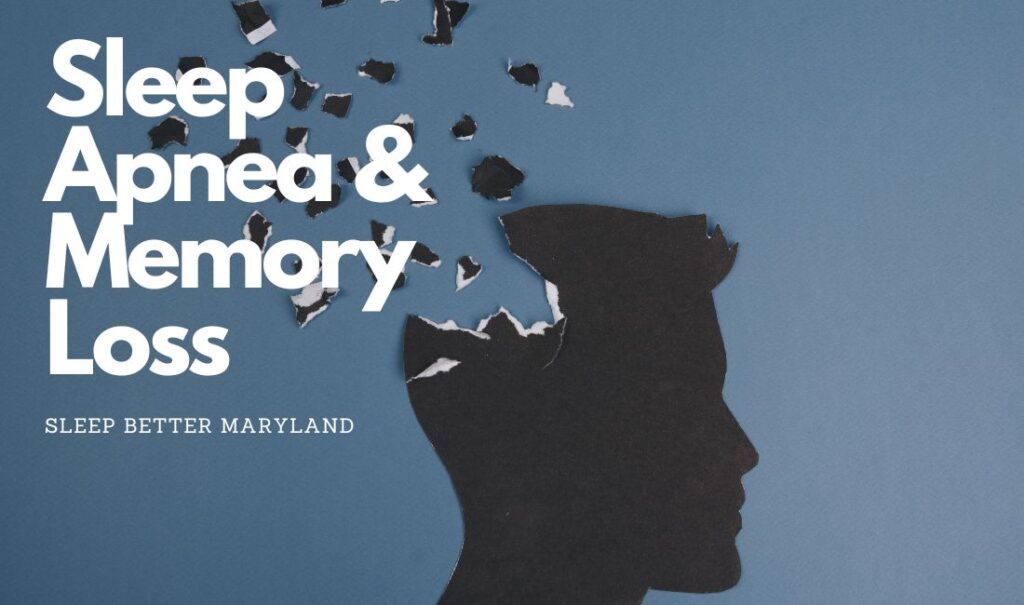Forgetting where you placed your keys is one thing, but when memory lapses become frequent, it might be time to look beyond absent-mindedness. Sleep disturbances like sleep apnea could play a far more significant role than most people realize. At Sleep Better Maryland, we understand the intricate connection between a good night’s rest and mental acuity, and we’re here to shed some light on how sleep apnea can affect your memory.
The Hidden Culprit Behind Memory Loss
Sleep apnea, a condition characterized by repeated interruptions of breathing during sleep, doesn’t only result in chronic fatigue — it’s increasingly linked to cognitive issues, particularly memory loss. Sleep apnea might disrupt more than just your sleep cycle, whether it’s difficulty recalling names, remembering recent events, or challenges with long-term memory.
Impact on Different Types of Memory
Memory is not a single faculty but a complex construct consisting of several types of memory, including short-term, long-term, procedural, and declarative memories. Sleep apnea can have a detrimental effect on various aspects of memory. Short-term memory struggles often manifest as forgetfulness in daily tasks, whereas long-term memory afflictions can strip away at profound life recollections. Procedural and declarative memory — responsible for ‘how to’ knowledge and factual information, respectively — can also falter.
Research Findings Shedding Light on the Dangers
Research over the past few years has painted a concerning picture of sleep apnea’s potential to hamper cognitive functions. Various studies have shown that those with untreated sleep apnea tend to perform worse on memory tests compared to those without the condition. The fragmented sleep characteristic of sleep apnea leads to reduced oxygen delivery to the brain, which could cause noticeable impairments in cognitive abilities.
The Role of Sleep Better Maryland
Recognizing the symptoms and seeking professional help is crucial. Sleep Better Maryland offers state-of-the-art diagnostic services to detect sleep apnea accurately. An early diagnosis and proper treatment can mitigate the risk of developing memory issues and even improve memory function.
Strategies for Healthier Sleep and Sharper Memory
Addressing sleep apnea goes hand-in-hand with adopting lifestyle changes to promote better sleep quality. Good sleep hygiene practices include maintaining a regular sleep schedule, creating a restful bedroom environment, and incorporating relaxation techniques before bed.
Transformative Journeys to Recovery
The testimonials from our patients at Sleep Better Maryland speak volumes about the connection between improved sleep and recovered memory function. Individuals who have undergone treatment for sleep apnea often report enhanced concentration and clearer memory, significantly improving their daily lives.
Conclusion
The reality that sleep apnea can wreak on our mental faculties memory included, underpins the need to take this condition seriously. If you’re experiencing memory difficulties and suspect sleep apnea could be at play, the time for action is now. Take charge of your cognitive health and consult with Sleep Better Maryland. Our expert team is ready to support you on a path to restful sleep and better memory. Don’t wait any longer; reclaim your nights and restore your days. Schedule a consultation with Sleep Better Maryland today, and wake up to the difference good sleep can make!

